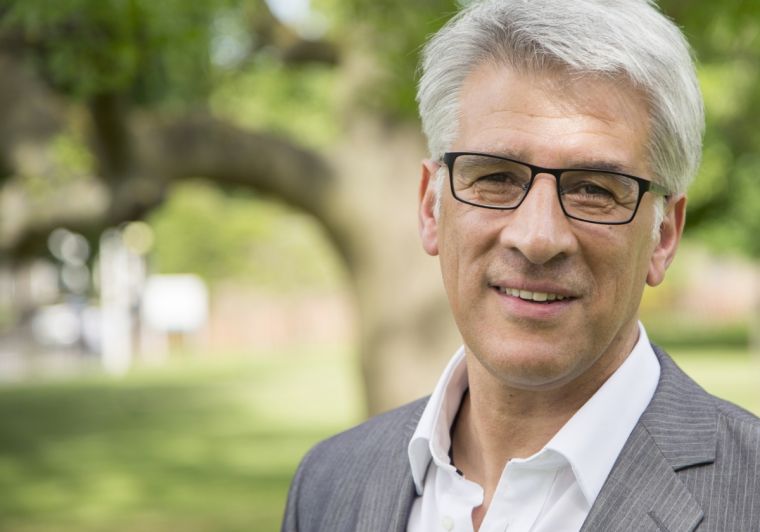Steve Chalke: Heaven is not just for Christians
Heaven cannot just be for Christians, a prominent church leader has said, suggesting that if just Christians had eternal life then salvation would be a 'geographical lottery'.
Rev Steve Chalke, pastor of the south London church Oasis, questioned whether a loving God would really consign people to eternal punishment because they were born into a different faith.

If God's grace is real then it must be available to everyone, regardless of their religion or social background, he said.
'What if the good residents of Kent had been raised instead in Kurdistan, or those born in Bournemouth had found themselves starting life in Baghdad instead?' he asked. 'Are not many of us who are Western Christians, Christians only because we are Western? Surely, if the most devout Christians had been raised in an Islamic context they would be, very likely, devout Muslims? Or to put another way, is salvation little more than a geographical lottery?'
He added: 'Is the God of love really content to consign the vast majority of the population of earth to judgement and then on to some kind of hell? Would God - the God who is universal love - ordain that only the Christian minority of the human race can be rescued?'
He went on: 'If Gods grace is real grace; real amazing, undeserved, non-discriminatory grace, then it must be available to everyone regardless of their geography or their religious or social background or their mental capacity.'
The comments came as part of a video series launched by Chalke where he offers 95 questions for the modern church, based on the Reformer Martin Luther's 95 theses.
Referencing well-respected evangelical theologians John Stott and Karl Barth, Chalke said that although neither explicitly said God would save everyone, they both hoped heaven would contain more than the small proportion of the world's population that were Christians.
Chalke added he found it 'disturbing' that Christians felt able to say exactly who was and was not going to heaven, warning that Jesus' teaching on the end times focused on the religious leaders who seemed certain of their eternal destiny.
'None of us have any right to place any sort of limits on God's loving-kindness. In fact, perhaps it is instead our duty to try to comprehend just how much greater God's grace might be than we have ever begun to imagine,' he said. 'Could it be that is more interested in people as people, rather than as members of religious groups, whether Hindus, Jews, Muslims, Christians, or even atheists?'











